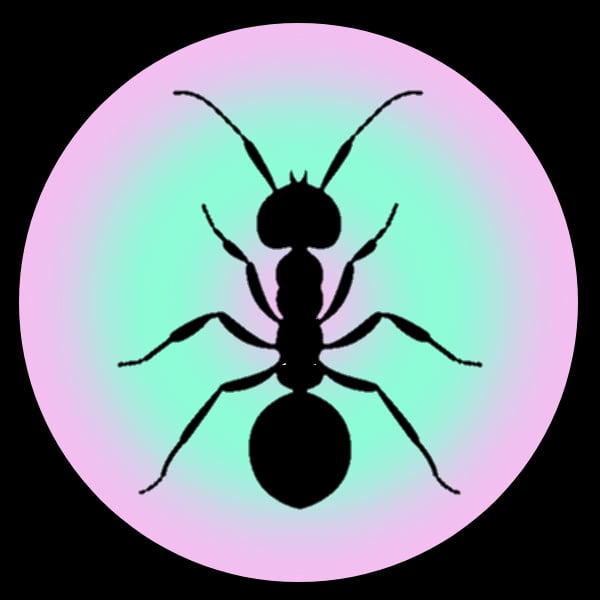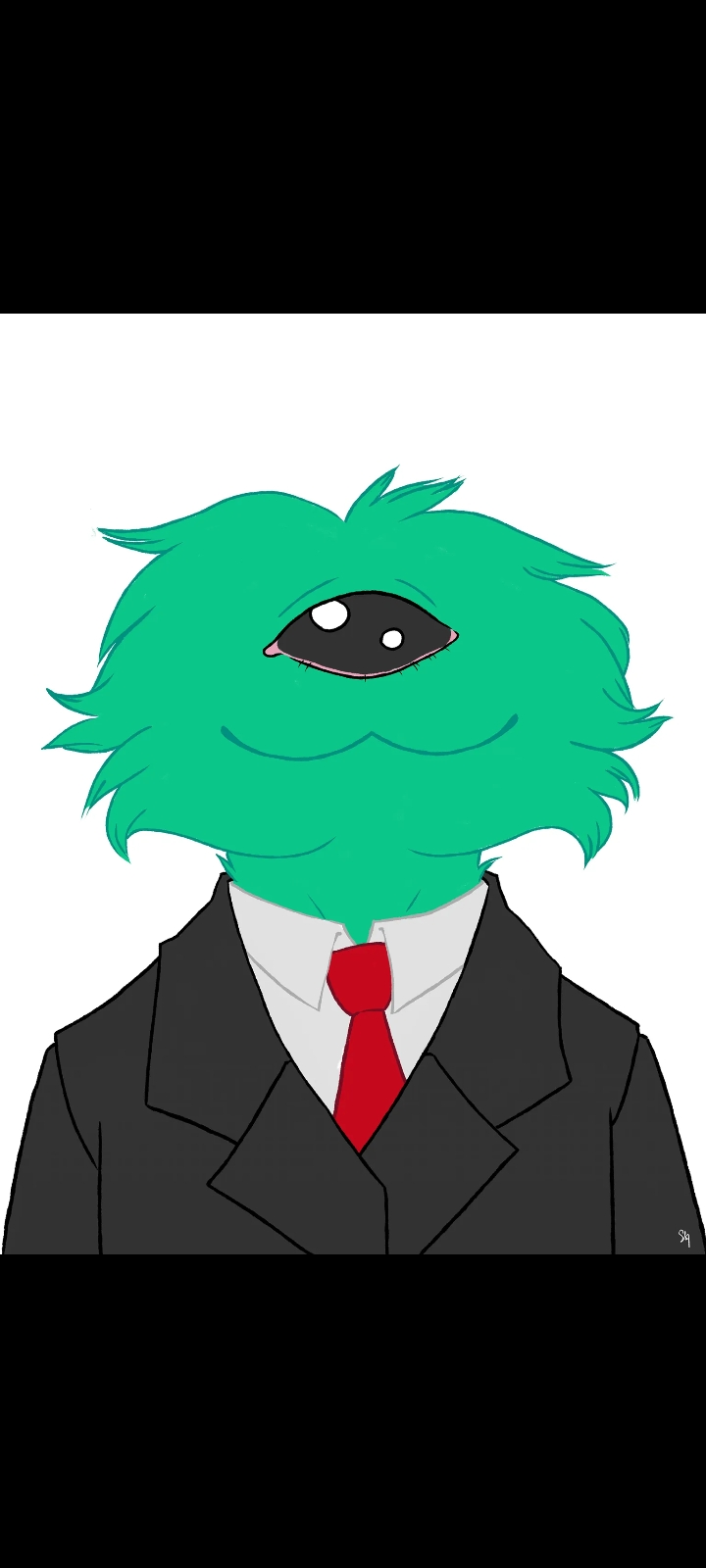Defensible sentence technically, but I think it’s actually plausible with three hads and the second past perfect makes the sentence unnatural.
Thanks, I hate it.
It’s a travesty that the rules of English allow such confusing phrasing, but they do do that.
Heheheheheheheheheheheheheh
Heh, you said do do
Buffalo buffalo buffalo buffalo buffalo buffalo buffalo.
At least we don’t have honorifics (too bad) or gender based grammar. TELL ME WHY MY DESK IS MALE IN GERMAN. I also like our prefix, root word, and suffix system. Also, wait until you hear about “ma” in Mandarin. I believe it’s “Mom, What”, and two other things (it has been a while since college). It’s all "ma,"and the definition changes based on tone.
At least we have capital letters at the begin of nouns in German. So it is not too bad to have: Wenn hinter Robben Robben robben, robben Robben Robben nach. Right?
Der Hund, die Katze, das Pferd
fuck it maybe I’ll decide that all desks are female from now on
German speaking individuals will look at me weird and sometimes not understand or ask for clarification but I just might put my foot down and tell them Komm damit klar.
When speaking German, you kinda just hide your mouth and say the gender part quickly so that no one knows what the article was.
When writing German, you use a calculator.
Yeah, Chinese is good for these too. The Lion-Eating Poet in the Stone Den is my favourite. The full text in pinyin is:
Shíshì shīshì Shī Shì, shì shī, shì shí shí shī. Shì shíshí shì shì shì shī. Shí shí, shì shí shī shì shì. Shì shí, shì Shī Shì shì shì. Shì shì shì shí shī, shì shǐ shì, shǐ shì shí shī shìshì. Shì shí shì shí shī shī, shì shíshì. Shíshì shī, Shì shǐ shì shì shíshì. Shíshì shì, Shì shǐ shì shí shì shí shī. Shí shí, shǐ shí shì shí shī shī, shí shí shí shī shī. Shì shì shì shì.
Edit: The English for anyone interested: In a stone den was a poet called Shi Shi, who was a lion addict and had resolved to eat ten lions. He often went to the market to look for lions. At ten o’clock, ten lions had just arrived at the market. At that time, Shi had just arrived at the market. He saw those ten lions and, using his trusty arrows, caused the ten lions to die. He brought the corpses of the ten lions to the stone den. The stone den was damp. So he asked his servants to wipe it. After wiping the stone den, he tried to eat those ten lions. When he ate, he realized that these ten lions were, in fact, ten stone lion corpses. Try to explain this matter.
… what!? Guess that’s a language I will definitely never learn.
It’s only 4 tones. If you think of it like music, it’s not too hard. The hardest part is converting characters into English into pinyin back into the characters.
“Shi” will always be the word I use to audtitorilly identity Mandarin. Sorry if this is random, but do you know of any areas outside of mainland China that use "Shi?’
I know Japan uses it numerically, and Korea uses it similarly, but I’m genuinely curious.
There are times in which I must lean heavily upon synonyms and rephrasing in order to avoid such unpleasant grammar.
Kind of like the existence of crop tools has had no effect on the poster.
I swear I’m not just saying this to be a contrarian, but I’ve always genuinely loved these silly little quirks of the English language.
Me too
When I learned English “He had had had a hat” was the moment I realized, English is close to German.
“Er hatte einen Hut gehabt”?
That “that that” that was in the OP is grammatically correct.
James, while John had had had had had had had had had had had a better effect on the teacher
Es ist eine Schande, dass das das das dass nicht ersetzten kann. Translation: It’s a shame that the the can’t replace the that.
If you use proper punctuation everything can be readable but I’m too lazy and so is all of internet









